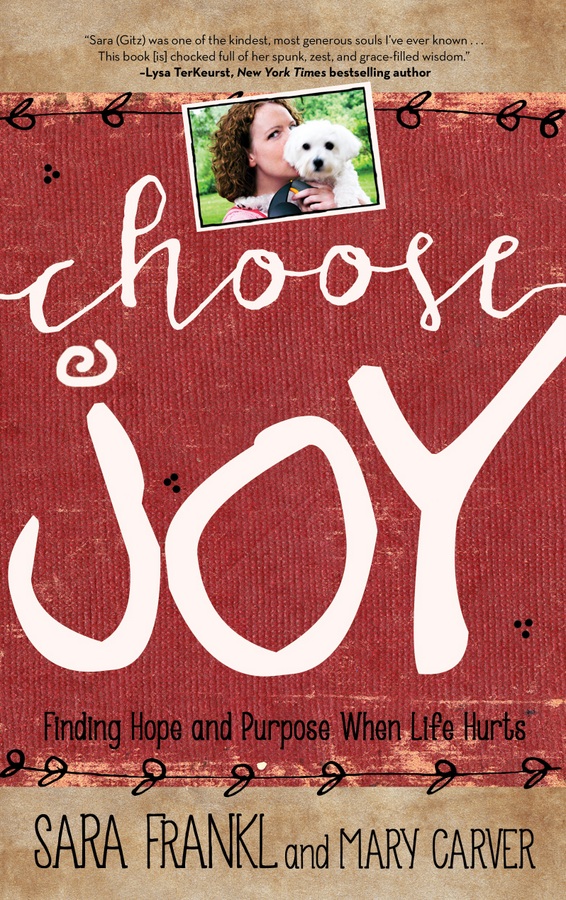On my way home from work tonight, I ate a couple of mini candy bars, disappointed that I had forgotten to bring an apple to the office but secretly glad for the excuse to indulge. About an hour later, I put my daughter in her high chair and gave her some chicken, a few carrots and a cup of peaches. I got on to her when she threw some of the food on the floor, but I didn’t worry too long. After all, my cat was right there, ready to help clean up the mess. Then after I put my daughter to bed, I sat down to watch American Idol with a big plate of steaming fajitas.
But when our pastor mentioned last Sunday that our church’s crisis food closet needs donations, my first thought was to go to Aldi’s for the 49-cent canned vegetables.
What?
I realized right away how selfish that thought was. I don’t buy groceries for myself at the discount store, but that’s all I was willing to offer those in need. But I’m telling you that was my gut reaction, my first thought. (Not that Walmart store brand is much different, but I think you can see the principle of the matter here.)
Later that night, our Bible study talked about how sharing resources is one of the ways the early church developed authentic and contagious community. Our book pointed out that they gave of their possessions, sacrificing to provide for every one who had a need – instead of giving just a fraction of what was left over at the end of the month.
Again, I was brought to my knees. Apparently God had a word for me on Sunday.
And I’m listening to that word. I am. And while I can’t presume to think I could speak to your heart like God has used others to speak to mine, if any of this is making you think about giving, about sharing what you have, about sacrificing your abundance so others can fill their most basic needs – well, I want to share with you a way to do just that.
Today is Global Food Crisis Day, a day set aside by Compassion International to raise awareness of the global food crisis and to raise funds to make a difference.
According to Compassion, the food crisis occurring today is “more rapid, urgent and devastating than any other in the history of our planet.” Compounding the existing hunger in our world are various factors causing the cost of food to double in many countries that Compassion serves. And now we have a situation affecting millions that the UN World Food Programme is calling “a silent tsunami.”
But what does that even mean, a silent tsunami? Is this just charity propaganda? See for yourself:
- One person in seven goes to bed hungry every day.
- One-third of the world’s population is undernourished.
- There are 25,000 starvation-related deaths each day.
- Each night more than 300 million children go to bed hungry.
- More than 4.4 million children die from malnutrition each year.
Sources: www.one.org, www.bread.org, www.unicef.org, www.who.int, http://www.unep.org/
I think I’d call that a crisis.
So how can we help?
- Donate online to Compassion’s Global Food Crisis Fund. Just $13 can help a child for a month.
- Add a Global Food Crisis widget to your blog sidebar or posts.
- Pray for the Compassion Bloggers preparing to travel to India. Their stories and pictures will open so many eyes and hearts to the desperate need in India and what Compassion is doing to help.
- Just learn more about our world’s hunger problem. See if it doesn’t break your heart. Just see if God doesn’t give you a good word, too.








Thank you for posting this. I concur! Do something, people! :)
Yes, definitely a crisis. Although I wonder if that word is losing some of it’s punch these days.
I’m reading a book about the water shortage around the world and it’s so interesting to see how different organizations work to compound unnecessary problems. Right now I’m feeling rather hopeless about the whole thing- how can we make changes when giant multi-national organizations are pushing for the status quo or to make things even worse?
answer – don’t worry about what giant multi-national organizations are doing. instead see what you yourself (and i myself) can do.